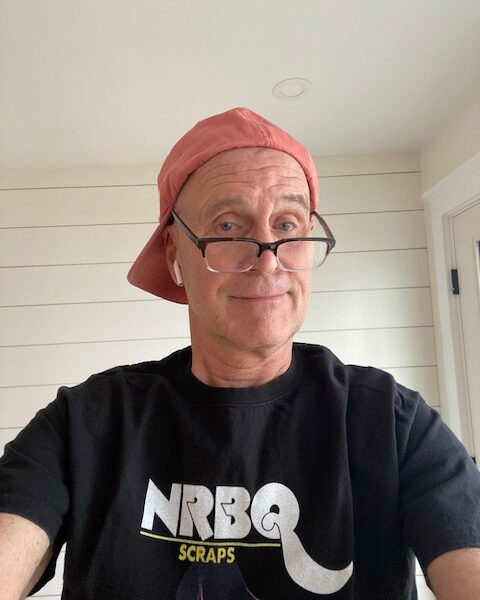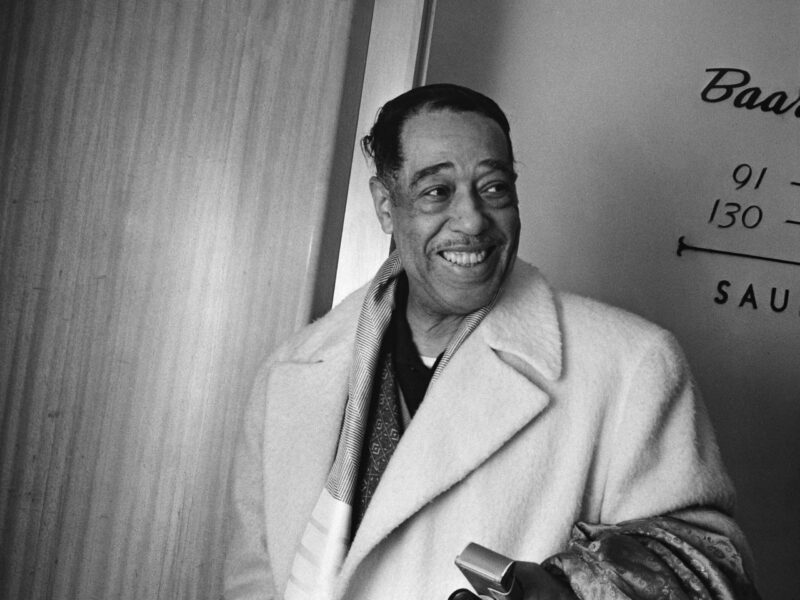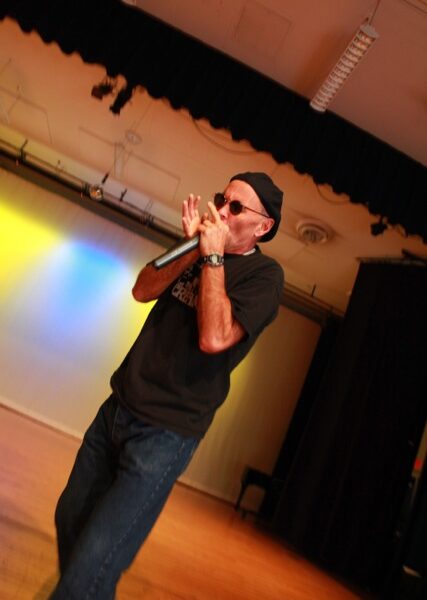Hurriedly browsing for a book in the Portland Jetport gift shop, my eye got stuck on the cover photo of a book called The Short & Tragic Life of Robert Peace. The photo shows a smiling young African-American male on the front steps of what appears to be an apartment house. He’s sporting conservative length pulled-back dreads, dark baggy pants, and an un-tucked white casual polo shirt. He looks like a confident and fun-loving college kid. The subtitle reads A Brilliant Young Man Who Left Newark for the Ivy League.
The cover also included some notable shout outs:
– “Mesmeric” – The New York Times Book Review;
– “Nuanced and Shattering” – People Magazine;
– “Heartbreaking” – O, The Oprah Magazine.
Yup, Yup, and Yup… What a powerful book!
While rags-to-riches stories aren’t unusual, this one is unique for a few reasons. For one, the subject keeps a foot in both worlds throughout his all-too-brief life. For another, the author was the subject’s college roommate for all four years they were in school.
10 Facts:
1. Robert “Rob” Peace was born and raised in Newark, NJ, more specifically, East Orange.
2. His mother, Jackie, is a parental saint who is determined to will her son to his highest potential.
3. His father, Skeet, was devoted to his son. He and Jackie never married but he lived in a house nearby. Skeet was sentenced to life imprisonment for the murder of two women while Rob was very young. Rob’s regular childhood routine included frequent visits to Trenton State Prison for visits with his dad. As early as high school, Rob began researching and pressing for a retrial for his dad, a quest he carried throughout his life. Skeet Peace ultimately died in prison.
4. Rob showed signs of high academic intelligence as a young boy and Jackie held down multiple jobs to pay Rob’s tuition at St. Benedict’s, a Catholic high school in Newark.
5. Rob excelled academically and athletically at St. Benedict’s, ultimately earning admission to Yale where he enrolled. (Originally, he and Jackie found Yale’s financial aid offer lacking, so Rob planned to take advantage of the in-state cost of Montclair State. Then at the 11th hour, a wealthy St. Benedict’s alum intervened to pay Rob’s Yale bill.)
6. Rob also excelled at Yale, earning a B.S. in molecular biophysics and biochemistry, with distinction in the major.
7. He also distinguished himself as one of Yale’s top marijuana dealers.
8. After Yale, he travelled a bit and decided to teach and coach for a spell at St. Benedict’s before pursuing graduate study in science. He also continued to deal marijuana, putting his chemistry wisdom to use by inventing sophisticated and highly popular strains of cannabis.
9. He never went to graduate school. He did evolve into a $1000-per-day dealer in the Newark environs.
10. Rob Peace was shot and killed in Newark in 2011. He was 30 years old.
Five Takeaways:
a. Rob Peace was a multi-faceted guy in a Renaissance kind of way: brilliant, athletic, enterprising, creative, compassionate, charismatic (!), generous, and loyal.
b. He was also deeply conflicted. At Yale, he would hide his Newark roots: the poverty, his father’s imprisonment. In Newark, he would hide his Yale accomplishments and influences.
c. His relationship with his roommate, Jeff Hobbs, the book’s author, was both touching and complicated. These two may have grown up within 100 miles of each other, but they were also from two completely different socio-economic worlds. That they were thrown together by luck of the draw is interesting. That they chose to stay together through all four years at Yale says something intriguing about both of them. Jeff Hobbs interviewed scores and scores of people to get this story just right, a fact that made for both a great narrative and an inspiring tribute.
d. The doom and despair of the drug game make for a depressing backdrop throughout the book. Oprah’s right: It’s “heartbreaking.”
e. In the Dedication, Jeff Hobbs writes, “Dedicated to Robert DeShaun Peace and to his heart, Jacqueline Peace.” Rob Peace clearly loved women, especially his mom. Beginning in elementary school, he consistently contributed to his mother’s financial challenges for the rest of his life. They were quite a pair. This book is about both of them, individually and collectively.
In the Acknowledgments, Jeff Hobbs concludes: Jackie Peace, you have spent dozens of hours talking to me during the hardest years of your life, and about the man whose loss has made them so. You are truly great woman, and I am a lucky man to have been able to call your son my friend.
Read this book.
Onward, Malcolm Gauld


